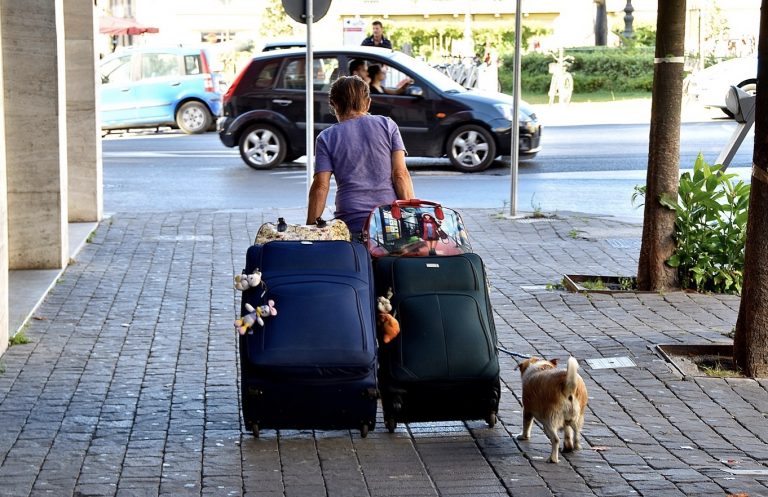In a rut and fancy shaking things up a bit? A move could be just what the doctor ordered. The thing about a move to Europe is that you’ll get the shock of the new, but you’ll be in country where stuff works as it should, and you can count on all those important basics like health care, education and political stability. It’s a move which will reinvigorate you and open new pleasures, but it will also stress you out, because the unfamiliar is always stressful. So, here’s some things that you need to get your head around before you up sticks.
Story Stages
Making a living
If you will need to make a living, and let’s face it most of us do, then you’ll need to research very thoroughly. What you can’t assume is that you’ll pick something up once you’re out there. For one thing, your professional qualifications may well not be recognised, for another, you will need some form of work permit and you might even need to undertake training. If you are moving or opening a business, you’ll find that most European countries offer generous incentives and various means of support but getting to grips with the local legal requirements is crucial. Ensure that you have sufficient funds to tide you over until you start to earn.
Finding a home
Obviously, this is a key component of your future happiness, so the more time you can give it the better. If you are able to take on a short-term rental, say three or six months, this will give you time to get a sense of the housing market. Rather than just relying on an estate agent, use online data to develop an understanding of price variations, for example, in the U.K. you can use Rightmove data and in Spain the Mallorca Properties guide. These guides will help you find the best value property and the best value area in which to buy. So, for example, according to Imovirtual’s monthly ‘barometer report’, in April 2021, Guarda was the most affordable municipality to buy a home in Portugal. A little careful research may enable you to spot the next up and coming area.
Language
Do not assume that you will be able to conduct all your affairs in English, for though English is widely spoken across Europe, the country’s national language will of course always take precedence. In all legal and business matters you will need the services of an impartial translator. Do not, for example, rely exclusively on the translation services of your estate agent when buying a property. Learning the language is also an important way of making contact with the local culture. Your effort in learning a new language will be rewarded by your enriched experience, particularly in establishing relationships with the locals.
A full understanding of what is expected of you as a foreigner.
Visa requirements, health cover, tax liability, driving licence, residency status etc, unfamiliar bureaucracy can be daunting. In most countries you will find ex-pat support groups which will help guide you through what you need to do. Getting yourself legal and secure may be complicated but it is crucial.
